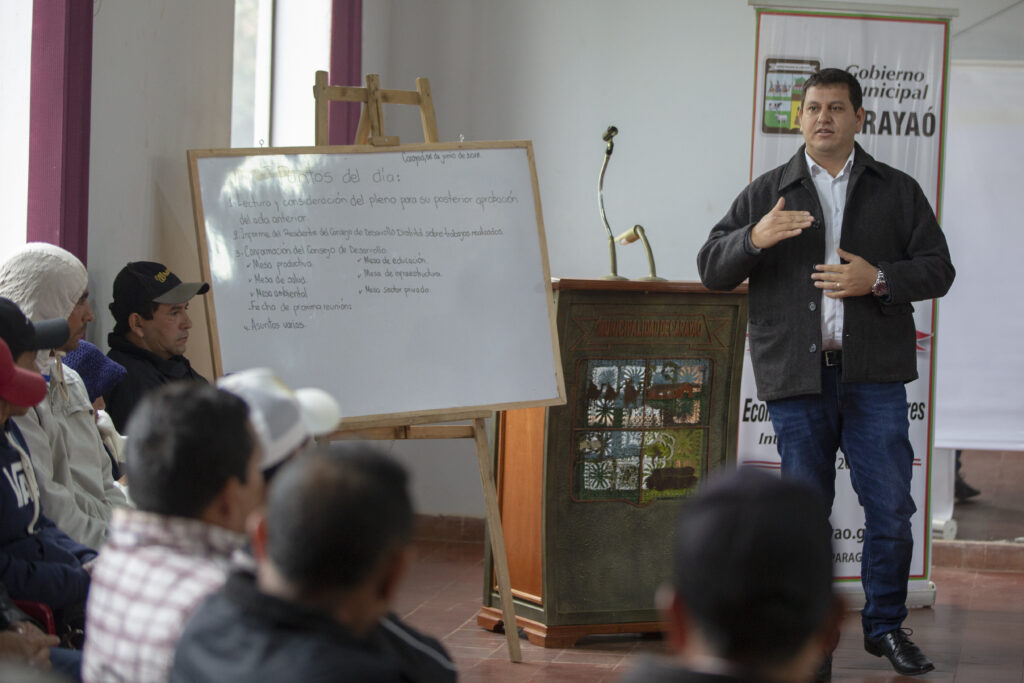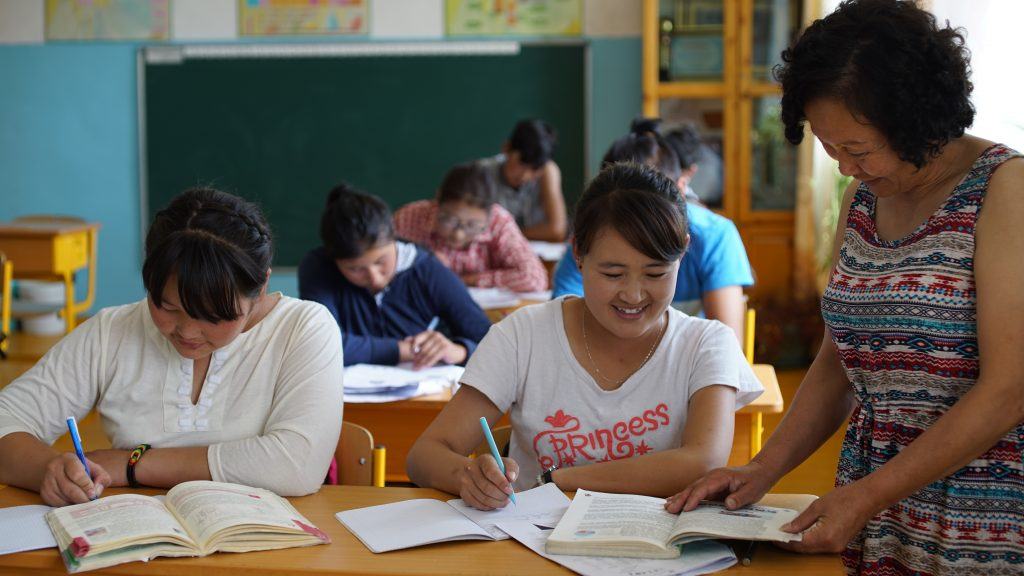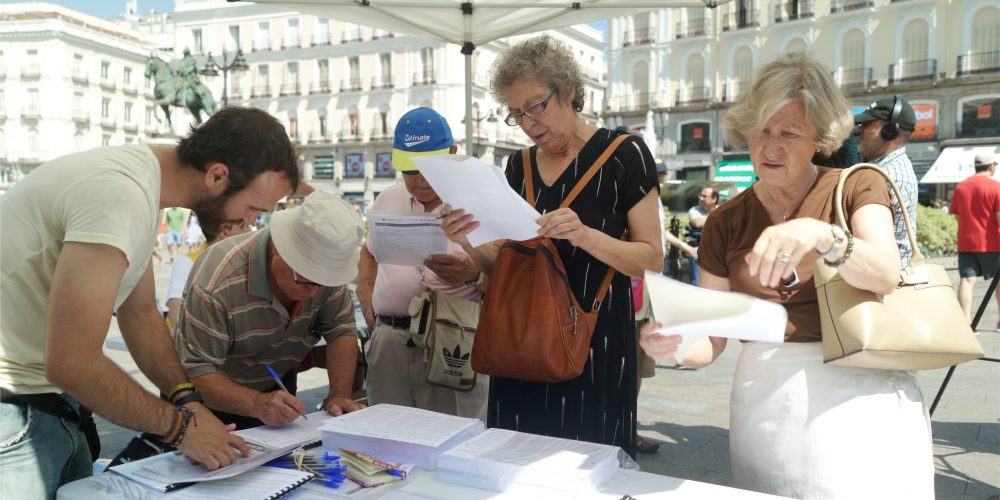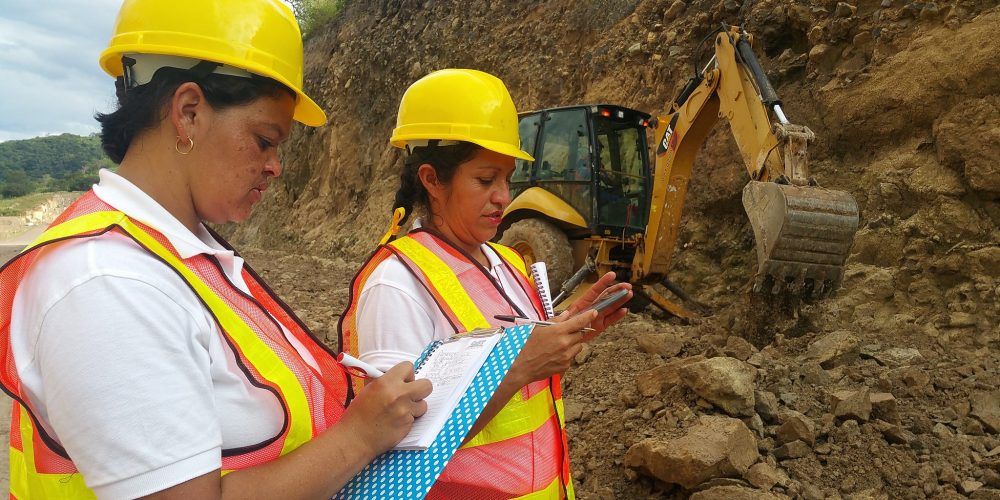Introduction
The Open Government Partnership (OGP) provides an opportunity for government and civil society reformers to make governments more transparent, inclusive, participatory, and accountable. Working together, government and civil society co-create action plans with concrete commitments across a variety of policy areas and sectors.
About OGP Local
In 2016, OGP launched a subnational pilot program that consisted of 15 local members. Five additional local members joined in 2018. The early successes of these “pioneer” members led OGP to expand the program even further. Now, OGP Local has grown to over 100 local members around the world. Twenty-seven of these local jurisdictions submitted their first OGP action plan in 2022.
This page summarizes findings – by cross-cutting approach and by policy area – from the action plans submitted by 30 local jurisdictions in 2022.*
* The analysis also includes a few 2023 action plans that were submitted during the drafting of this analysis. They are: Béni Mellal-Khénifra, Morocco; Khoni, Georgia; Maipú, Chile; and Yerevan, Armenia.
In this Analysis
|
Figure 1. Cross-Cutting Approaches and Policy Areas Included in 2022 OGP Local Action Plans
This interactive figure allows you to view the percentage of 2022 local action plans that address a specific cross-cutting approach or policy area. Use the buttons to the left of the chart to toggle between ‘Cross-Cutting Approaches’ and ‘Featured Policy Areas’.
Cross-Cutting Approaches
Certain approaches can be incorporated into commitments across a variety of policy areas and sectors. For example, local jurisdictions can improve opportunities for the public to participate in public procurement or education policies. Similarly, jurisdictions can commit to publishing open data that covers many different topics, such as environmental or fiscal data. This section highlights new local commitments that incorporate two popular approaches to open government – public participation and open data.

Public Participation
Public participation is a core tenet of open government that can be incorporated across a variety of policy areas and sectors. Providing opportunities for public participation is especially critical at the local level, where government decisions are more likely to affect citizens’ day-to-day experiences. Giving citizens opportunities to provide input into government decision-making leads to more effective governance, improved public service delivery, and more equitable outcomes. 27 local jurisdictions made commitments with elements of public participation through their 2022 action plans.
Commitment Examples
- Carthage, Tunisia committed to creating citizen committees in each of their five neighborhoods that will gather public input for the municipality, along with training youth ambassadors to represent the viewpoints of their fellow youth.
- Žilina (Region), Slovak Republic will strengthen and create new partnerships with civil society organizations, with the goal of increasing public involvement in policy-making and monitoring.
- Further examples: Béni Mellal-Khénifra, Morocco; Mexico State, Mexico

Open Data
Open data policies, technologies, and processes enable the free use, reuse, and redistribution of government data by anyone. By opening up data, governments can enable informed debate, better decision making, and the development of innovative new services. Ten local jurisdictions committed to publishing data in open format through their 2022 action plans.
Commitment Examples
- Madrid, Spain will automate the publication of open data and create visualizations of certain data sets that will enable the public to interact with the data in a more accessible way.
- Nuevo León (State), Mexico committed to building an open data repository that the public can use to more effectively participate in developing innovative policies.
- Further examples: Contagem, Brazil; Timișoara, Romania
Featured Policy Areas
This section highlights new commitments that local jurisdictions have made across seven featured policy areas. Some of these policy areas – like public services and green transitions – are featured due to their consistent popularity among local members in OGP, while others – such as public procurement and justice – are highlighted as trending areas for commitments at the local level.

Inclusion
Societies with greater political and economic equality demonstrate higher sustained rates of growth and lower poverty rates over time. Inclusion is also fundamental to the mission of open government; in order for governments to be truly open, they must serve all people – not just particular groups. Eighteen local jurisdictions made commitments in their 2022 action plans that incorporate elements of inclusion. Most of these commitments target youth participation, while a smaller number focus on gender and/or people with disabilities.
Commitment Examples
- Novi Pazar, Serbia committed to creating a civic academy for educating youth on local government work and opportunities to participate in decision-making processes.
- Tétouan (Municipality), Morocco will create consultative bodies responsible for co-creating and monitoring action plans that improve the inclusion of certain groups, including youth, people with disabilities, and gender.
- Further examples: Maipú, Chile; Monterrey, Mexico; Tarkwa-Nsuaem, Ghana

Public Services
Improving the quality of and access to public services – including services in the education, health, and infrastructure sectors – helps ensure that citizens of all groups are better supported by their government. This is especially critical for local governments, who are responsible for a large portion of public service delivery. Fifteen local jurisdictions made public services-related commitments through their 2022 action plans.
Commitment Examples
- Hamburg, Germany committed to involving citizens in designing improvements in the accessibility of public transportation options for people with disabilities.
- Kutaisi, Georgia will implement an online platform for citizens to provide feedback on municipal services and proactively publish data from the questionnaire.
- Further examples: Rustavi, Georgia; Sekondi-Takoradi, Ghana

Green Transitions
In the face of intensifying climate change, resilient governments will require new policies and innovations. The open government values of transparency, public participation, and accountability allow governments and citizens to understand the true costs of pollution, discuss alternative approaches for development, and ensure there is adequate public oversight of government action. Ten local jurisdictions made a commitment related to the environment and climate through their 2022 action plans.
Commitment Examples
- Detmold, Germany will publish urban sustainability information in open data format so that citizens can better monitor environmental progress.
- Sekondi-Takoradi and Wassa Amenfi East, Ghana each committed to co-creating climate resilience initiatives with civil society organizations and the private sector, along with other groups.
- Further examples: Buenos Aires, Argentina; Corrientes (City), Argentina; Yerevan, Armenia

Fiscal Openness
Fiscal openness — which encompasses transparency, public participation, and legislative oversight throughout the budget and fiscal cycle — delivers greater value for money and reduces the cost of borrowing. Participatory budgeting, especially, can improve the efficiency of public service delivery and strengthen tax compliance. Eight local jurisdictions made a commitment to fiscal openness through their 2022 action plans.
Commitment Examples
- Quintana Roo, Mexico committed to publish budget data in open format, covering information across the budget cycle and emphasizing the cross-cutting areas of gender and anti-corruption.
- Khoni, Georgia will implement a participatory budgeting program that allows citizens to propose and vote on projects within multiple zones of the city.
- Further examples: Armavir, Armenia; Timișoara, Romania

Right to Information
Access to government information enables the public to participate in decision-making and to hold government actors accountable for their decisions. Right to information laws enable citizens to obtain information from public authorities, and many modern frameworks also require governments to proactively publish information. Seven local jurisdictions made a commitment to strengthen the right to information through their 2022 action plans.
Commitment Examples
- Monterrey and San Pedro Garza García, Mexico, along with the state of Nuevo León, committed to creating a proactive transparency guide for public institutions, following a public consultation to determine priority information needs.
- Valencian Community, Spain will improve the usability of information published in their transparency and open data portals through information search engines, reusable data, and greater links between the contents.
- Further examples: Asturias, Spain; Tétouan (Municipality), Morocco

Public Procurement and Open Contracting
Open public procurement processes increase competition, improve the quality of public services, and ensure governments better value for their money. Open contracting consists of transparency and citizen engagement throughout the entire procurement process, from planning to the implementation and monitoring stages. Four local jurisdictions made a commitment related to public procurement through their 2022 action plans.
Commitment Examples
- Cartagena de Indias, Colombia committed to strengthening over 400 community boards’ administrative and technical capacities to participate in the procurement process.
- Tarkwa-Nsuaem, Ghana will develop an open contracting system that publishes data across all phases of the procurement process and design a citizen handbook on participatory monitoring of contracts.
- Further examples: San Pedro Garza García, Mexico

Justice
Investing in open and accessible justice institutions allows citizens to better defend their rights, demand access to public services, and protect their ability to participate in democratic processes. Local institutions, such as court systems and legal assistance organizations, have a role to play in delivering justice services and designing solutions to people’s justice problems. Two local jurisdictions made a total of five justice-related commitments through their 2022 action plans.
Commitment Examples
- Contagem, Brazil will draft a bill to create the Chamber for Prevention and Administrative Resolution of Conflicts, in hopes of resolving disputes between citizens and administrative agencies in a more timely manner.
- Tlalnepantla de Baz, Mexico committed to greater access to justice in remote areas through the improvement of mobile justice mechanisms that visit communities, legal aid, and alternative dispute resolution mechanisms, along with several other justice-related initiatives.
Action Plans
Access the full 2022 action plans of the OGP Local members included in this analysis below. The full list of OGP Local members can be found here. Explore more data on local commitments through OGP’s new Data Dashboard.
| Africa & the Middle East | Americas | Eastern Partnership | Europe |
| Béni Mellal-Khénifra, Morocco | Buenos Aires, Argentina | Armavir, Armenia | Asturias, Spain |
